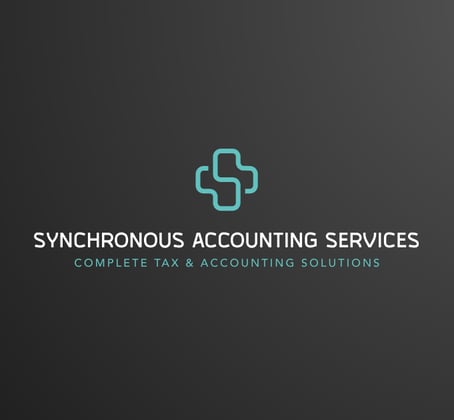CORPORATE TAX in UAE


Yes. Taxpayers will be required to register for UAE CT (and update their details, if required), even if they are already registered for VAT.
If you are a registered business for VAT, you will have to pay VAT and Corporate Tax in UAE separately. If your business is not VAT registered you may still have to pay Corporate Tax in UAE.
No, Corporate Tax in UAE and VAT in UAE are two different types of taxes. Both will continue to apply in the UAE.
Corporate Tax in UAE applies to juridical persons incorporated in the UAE and juridical persons effectively managed and controlled in the UAE, as well as to foreign juridical persons that have a permanent establishment (see section Foreign persons) in the UAE (see question ‘Who is considered resident for Corporate Tax in UAE purposes?’ under section Scope and rate).
Individuals will be subject to Corporate Tax in UAE only if they are engaged in a business or business activity in the UAE, either directly or through an unincorporated partnership or sole proprietorship. A Cabinet Decision will be issued in due course specifying further information on what would bring a natural person within the scope of Corporate Tax in UAE.
The Corporate Tax in UAE regime will become effective for financial years starting on or after 1 June 2023.
Examples:
● A business that has a financial year starting on 1 July 2023 and ending on 30 June 2024 will become subject to Corporate Tax in UAE from 1 July 2023 (which is the beginning of the first financial year that starts on or after 1 June 2023)
● A business that has a financial year starting on 1 January 2023 and ending on 31 December 2023 will become subject to Corporate Tax in UAE from 1 January 2024 (which is the beginning of the first financial year that starts on or after 1 June 2023)
Where no election is made or the income of the foreign branch or permanent establishment is not eligible for an exemption from Corporate Tax in UAE, the Corporate Tax in UAE payable on the income of the foreign branch or permanent establishment can be reduced by the corporate tax (or similar) paid on the relevant income in the foreign jurisdiction.
Corporate Tax in UAE is a form of direct tax levied on the net income or profit of corporations and other businesses. Corporate Tax in UAE is sometimes also referred to as “Corporate Income Tax” or “Business Profits Tax” in other jurisdictions.
What is Corporate Tax in UAE ?
I am already registered for VAT purposes , do I have to register for Corporate Tax in UAE ?
Will UAE branches of foreign business be subject to Corporate Tax in UAE ?
When will the Corporate Tax in UAE regime becomes effective ?
Who will be subject to Corporate Tax in UAE ?
Will Corporate Tax in UAE replace the VAT in the UAE ?
Will I have pay Corporate Tax in UAE alongside VAT in the UAE ?
Documents Required for Corporate Tax registration
To register for Corporate Tax in UAE, businesses must be ready to submit the required documents. The process for corporate tax registration will be done online. The following documents required for Corporate Tax Registration in UAE.
Copy of Trade License (must not be expired).
Passport copy of the owners/partners/shareholders who own the license (must not be expired).
Emirates ID of the owners/partners/shareholders who owns the license (must not be expired).
Memorandum of Association (MOA) – Or – Article of Association (AOA).
Concerned person’s contact details (Mobile Number and E-mail).
Contact details of the company (complete address and P.O. Box).
Corporate Tax Period.
FTA has announced corporate tax fines and penalties in UAE. Penalty of AED 10,000 shall be imposed for late corporate tax registration.
Contact Us
Reach out for VAT Registration in UAE and Corporate Tax Registration, Return, Consultation & Accounting in UAE.


Block B-B26-157 , SRTIP Sharjah 78029 U.A.E
Contact US
Support
operations@syncaccounts.me
+971-545436080
SGS © 2025. All rights reserved.
+971-06 883 2690


